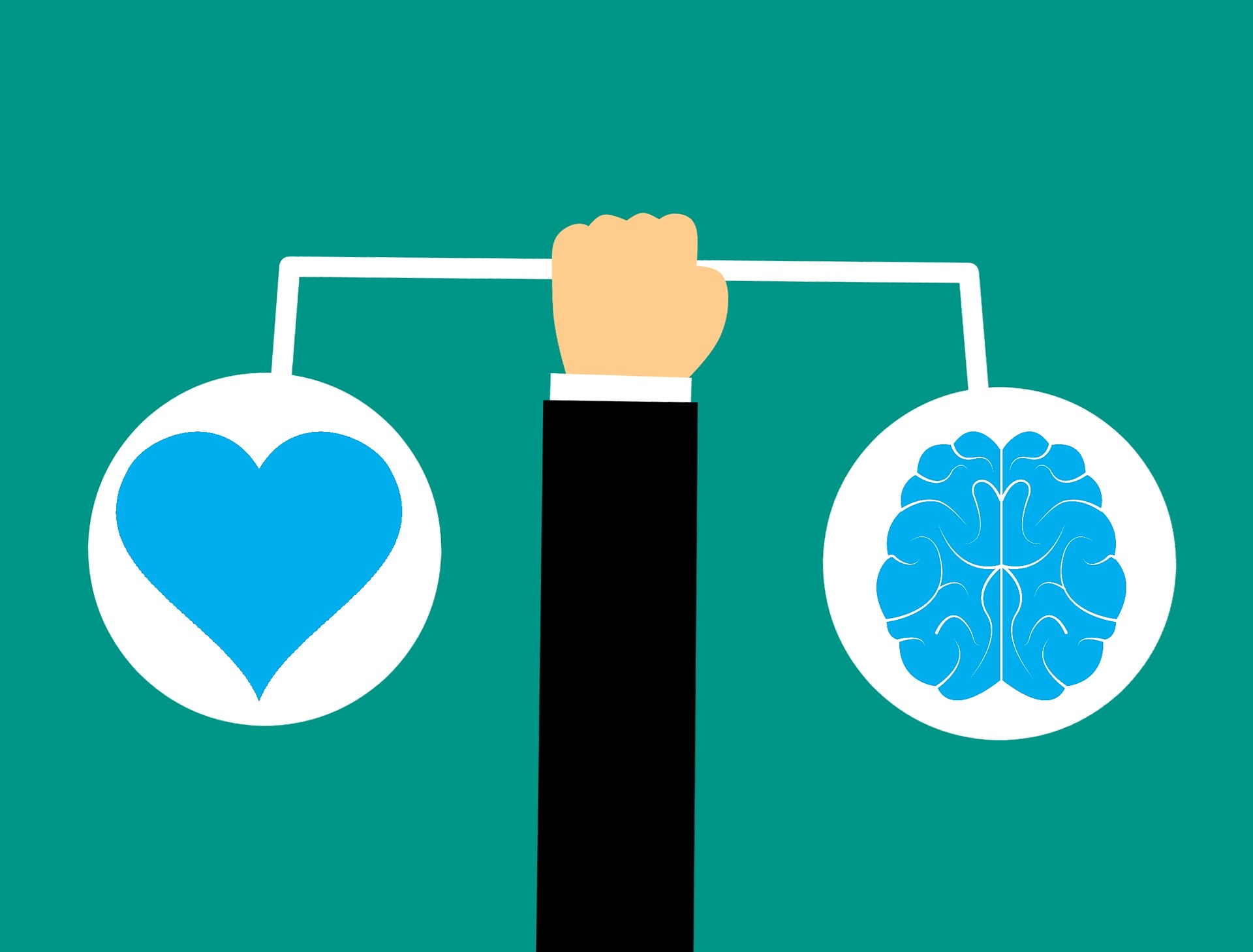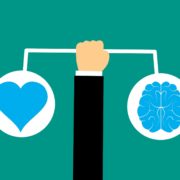Your Dentate Gyrus Needs a Pair of Sneakers!

Image by mohamed Hassan from Pixabay
Did you know you have a dentate gyrus?
I just learned I’ve got one.
So do you.
I didn’t know it.
You probably didn’t know it either.
 When I first saw the term, I thought, yuck, a Greek sandwich made with toothpaste? But it turns out that it’s a pretty important part of your brain, specifically your hippocampus.
When I first saw the term, I thought, yuck, a Greek sandwich made with toothpaste? But it turns out that it’s a pretty important part of your brain, specifically your hippocampus.
Yes, you have one of those too. Your hippocampus is mega-important. It’s that walnut-sized, seahorsey-shaped thing in the middle of your brain that regulates emotions and is associated mainly with memory.
So. If you remembered to shower this morning and didn’t kick the puppy because it piddled, yours appears to be working.
Now we learn that the hippo has a side-kick, an important appendage.
My biology class in high school in the 50’s didn’t mention my dentate– wait a minute – I don’t remember having a biology class in my rural Wyoming high school sixty years ago.
How was I to know?
But then, why do I need to know? Is this in the too-much-information category? Well, maybe – but I’m forging on to make an important point.

This brain is made for walkin’ (my apologies to Nancy Sinatra – see, my hippocampus is still mostly operational)
Not only do I have a dentate gyrus, but I’m learning it needs a pair of sneakers – or running shoes – or cross trainers – any of those will do.
The idea was spawned by an article in Psychology Today by Nigel Barber, Ph.D.
He points out we’ve come a long way in understanding this 2 ½ lbs of fatty-acid between our temples. This is yet another discovery – that the dentate gyrus of the hippocampus has something to do with increasing the proliferation of stem cells. And that’s a good thing because it’s good cell growth and not the uncontrolled growth that becomes the “big C”.
Now, aren’t you glad to found out that you have one?
 But sneakers?
But sneakers?
Canadian neuroscientists apparently produced some “startling evidence” that exercise stimulates cell growth, especially in your dentate gyrus.
This article reminds us that exercise affects both body and brain and that “the logic of a healthy mind in a healthy body becomes compelling.”
Barber says (bolding is mine): “Some confirming evidence was produced in a study showing that educated people live longer than those having less schooling. One plausible interpretation of this finding is that a well-exercised brain resists senile deterioration, possibly by having a more robust circulatory system due to increased cognitive demands placed on it.”
Now I agree there’s a touch of judgmental harshness in that paragraph with the inference (maybe a side-effect of Ph.D. achievement) that only the “educated live longer.”
I’m no Ph.D. or neurologist, but I think I can fill any “education” gap you may be feeling from this article. Barber gives us what we need to know in the above paragraph: well-exercised brain and a robust circulatory system.
Read the following and you can consider yourself educated. All it will cost you is the price of a pair of sneakers and a commitment to a few habit changes.
It starts with O2
When I first read the book “Younger Next Year” in 2013, my biggest takeaway was the importance of providing health-sustaining levels of oxygen to my cells, which only happens when I get my heart rate up. It’s how you build a more robust circulatory system.
So the new simple habit with our new sneakers is to feed the dentate gyrus, (along with the other 35 trillion or so cells in our bodies) by using them to get our heart rate to a meaningful aerobic exercise range.
It’s a simple formula:
220 minus your age times .65 and .85.
That’s the heart rate range you should get to and sustain for 20 minutes or more at least three times a week.
My range, at age 77, is 93 to 121 beats per minute. Since my “Younger Next Year” revelation, I push the upper limit of the range six days a week for 36-45 minutes.
I think my dentate gyrus probably loves me.
Brain exercise?
OK, we’ve covered Barber’s “robust circulatory system” part. That leaves the “well-exercised brain” part to address.
Your brain is like a muscle: Use it or lose it!
Brain exercise should be as routine as your physical workouts.
How do you “exercise” your brain? Here are ten tips for starters:
- Read – tabloids and newspaper don’t count. Dig into something that will move you out of your comfort zone, take you somewhere, and make you think. Consider a book club.
- Start journaling
- Put down the smartphone and lose the remote. I’ve shared with you the research that revealed watching a sitcom on TV and contemplating a brick wall generates the same amount of brain activity. Stephen King refers to TV as the “glass teat.”
- Get more sleep. Seven hours plus. The brain flushes junk with spinal fluid while we sleep. More sleep, less junk.
- Eat brain supportive foods. Medical News Today says these are the best brain-boosting foods:
- Meditate/pray daily
- Play challenging board or card games with friends.
- Learn a second language or play a musical instrument.
- Dance (this is a double-dip – dancing makes you think and gets your heart rate up).
- Take a cooking class – and learn to incorporate the ingredients listed above.
Think of the serendipitous benefit of what you’ve learned with this article. You now can impress your friends by dropping a dentate gyrus bomb into the conversation and turn the conversation from colonoscopies, achy joints, and hip and knee surgeries.
What a relief that would be.





Thank you so much Gary for a wonderful article on the coralation between brain/body health and good/regular exercise! As always your words are very inspiring. I would hope that you would some day write a book! Your articles are always a gold mine of great info/books to study/read. I have no TV and I love it! This big old world is too filled with wonders and glories to waste on a “glass teat”
Candace, your comments are always so encouraging – thanks for taking the time to comment. I’m not as successful as you of weaning off the TV but am getting there. I have a couple of books underway so 2019 may be the year you will see at least one. Thanks for your encouragement and continued support.
you are actually a excellent webmaster. The site loading pace is amazing. It kind of feels that you are doing any distinctive trick. Moreover, The contents are masterpiece. you’ve performed a magnificent job in this topic!
Hello makeagingwork.com webmaster, Thanks for the well-written and informative post!
To the makeagingwork.com administrator, Your posts are always well-supported by facts and figures.
Hello makeagingwork.com webmaster, Thanks for the educational content!
Hi makeagingwork.com administrator, Thanks for the informative post!